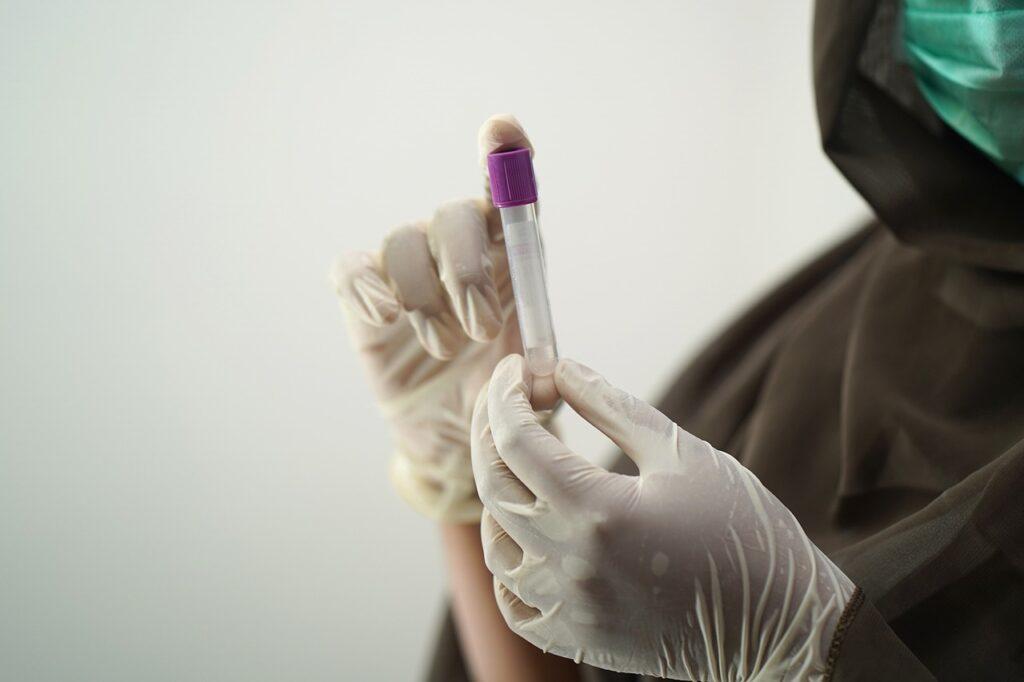Introduction:
Kidneys are vital organs that play a crucial role in maintaining overall health. They filter waste from the blood, regulate electrolyte balance, and produce hormones essential for blood pressure control and red blood cell production.
When kidney function is compromised, it can lead to serious health issues. Therefore, understanding KFT is essential for monitoring kidney health.

What is KFT Test?
Kidney function tests are a series of blood and urine tests that assess how well your kidneys are working. These tests measure the levels of various substances in your blood and urine to determine how effectively your kidneys filter waste and maintain homeostasis. The most common tests include:
1. Serum Creatinine
2. Blood Urea Nitrogen (BUN)
3. Glomerular Filtration Rate (GFR)
4. Urinalysis
5. Electrolyte Levels
Let’s delve deeper into each test, understand the normal parameters, and explore what abnormal results might indicate for your kidney health.
1. Serum Creatinine
What It Measures: Creatinine is a waste product produced from muscle metabolism. Healthy kidneys filter creatinine out of the blood, so serum creatinine levels indicate kidney function.
Normal Range:
– Men: 0.74 to 1.35 mg/dL
– Women: 0.59 to 1.04 mg/dL
Abnormal Results: Elevated serum creatinine levels can indicate impaired kidney function or kidney disease. It’s essential to consider other factors, like muscle mass and diet, which can influence creatinine levels.
2. Blood Urea Nitrogen (BUN)
What It Measures: BUN measures the amount of nitrogen in your blood that comes from urea, a waste product formed from protein metabolism. Like creatinine, BUN levels help evaluate kidney function.
Normal Range:
– 7 to 20 mg/dL
Abnormal Results: High BUN levels may indicate kidney dysfunction, dehydration, or increased protein breakdown in the body. Conversely, low BUN levels can suggest liver disease or malnutrition.
3. Glomerular Filtration Rate (GFR)
What It Measures: GFR estimates how well your kidneys filter blood. It’s a crucial indicator of kidney health.
Normal Range:
– A GFR of 90 mL/min or higher is considered normal. Values below 60 mL/min may indicate chronic kidney disease (CKD).
Abnormal Results: A declining GFR can signal worsening kidney function. Stages of CKD are classified based on GFR, which ranges from mild impairment (stage 1) to kidney failure (stage 5).
4. Urinalysis
What It Measures: A urinalysis evaluates the physical, chemical, and microscopic properties of urine. It can detect various abnormalities, such as the presence of protein, blood, or glucose.
Normal Parameters:
– Color: Pale yellow to amber
– pH: 4.5 to 8.0
– Protein: 0 to 20 mg/dL
– Glucose: Negative
– Blood: Negative
Abnormal Results: Presence of protein (proteinuria), blood (hematuria), or glucose in urine can indicate kidney disease, urinary tract infections, or diabetes.
5. Electrolyte Levels
What It Measures: Electrolytes like sodium, potassium, calcium, and phosphate are crucial for bodily functions and are regulated by the kidneys.
Normal Ranges:
– Sodium: 135 to 145 mEq/L
– Potassium: 3.5 to 5.0 mEq/L
– Calcium: 8.5 to 10.2 mg/dL
– Phosphate: 2.5 to 4.5 mg/dL
Abnormal Results:
– High potassium (hyperkalemia) can be life-threatening and is often related to kidney dysfunction.
– Abnormal calcium or phosphate levels can indicate imbalances caused by kidney disease or other underlying conditions.
Understanding Abnormal Parameters: What They Mean
When your kidney function tests return abnormal results, it’s crucial to interpret them within the context of your overall health. Here are some common implications of abnormal results:
Early Signs of Kidney Disease
Abnormalities in serum creatinine and GFR can be early indicators of kidney disease. Regular monitoring can help catch issues before they progress to more severe stages.
Risk of Cardiovascular Issues
Kidney disease is closely linked to cardiovascular health. Abnormal electrolyte levels, especially potassium, can increase the risk of heart problems.
Need for Further Testing
If your test results are abnormal, your healthcare provider may recommend additional testing, such as imaging studies or a kidney biopsy, to determine the cause and extent of kidney dysfunction.
Lifestyle and Management Strategies
Understanding your kidney health is the first step in managing it effectively. Here are some lifestyle changes and strategies to support kidney function:
1. Stay Hydrated: Drinking adequate water helps your kidneys flush out waste.
2. Monitor Protein Intake: High protein diets can put additional strain on your kidneys.
3. Manage Blood Pressure: Keeping your blood pressure in check is crucial for kidney health.
4. Control Blood Sugar: If you have diabetes, managing your blood sugar levels is essential.
5. Avoid Over-the-Counter Painkillers: NSAIDs can harm kidney function when taken in excess.
6. Regular Check-ups: Routine testing can help catch kidney issues early.
Kidney function tests are essential tools for assessing your kidney health. Understanding the normal and abnormal parameters of these tests can empower you to take proactive steps toward maintaining your kidney function.
Regular check-ups, lifestyle adjustments, and open communication with your healthcare provider can lead to early detection and intervention, ultimately supporting a healthier life. Always consult with a healthcare professional for personalized advice and interpretation of your test results. Your kidneys are vital—let’s keep them healthy!



